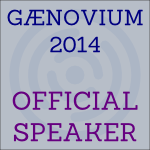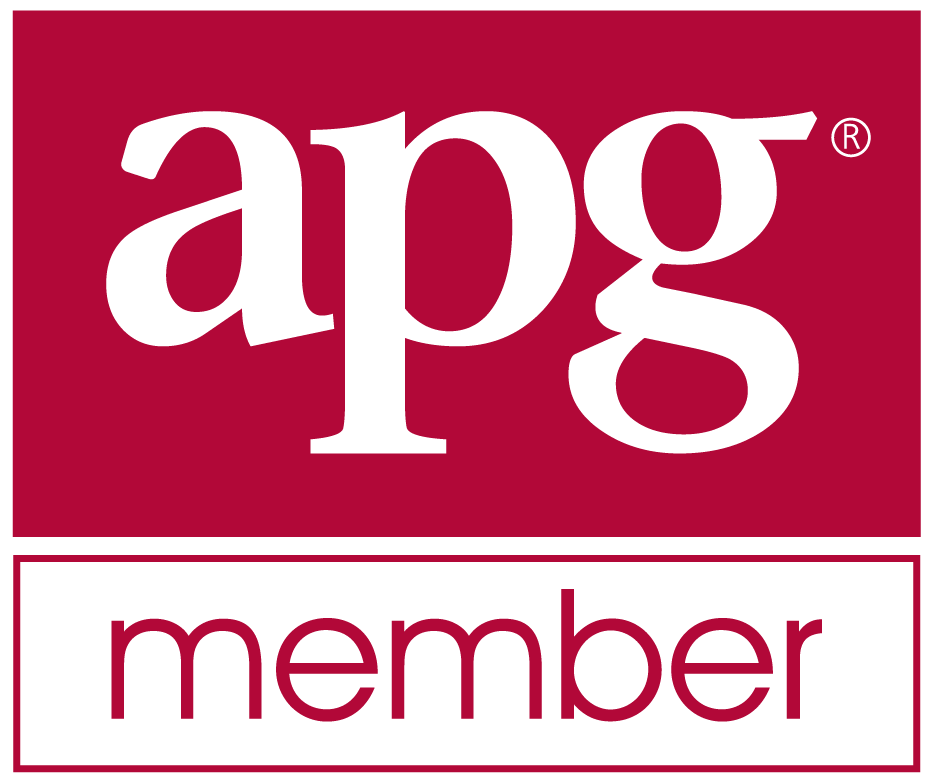The Blog and Forum are Now Complete - Mon, 4 Aug 2008
I have now finished off everything I wanted to do with the Behold Blog and the Behold User Forum. They are integrated nicely and now have all the features I want. With their use of WordPress and bbPress and a solid PHP/mySQL base and large opensource user community supporting them, they should do me quite well into the foreseeable future.
If I am to be criticized of anything, it is that I have overcustomized the Blog and Forum to my liking. It is just a failing of mine. But it is one that tends to result in a good final product, once I do get there.
Back in my earlier What Have I Done to this Blog post, I listed 15 unique features I had put in the Blog and 7 other design considerations.
Of those I’ve removed:
- 4. The custom field where you live. Now I detect the IP address instead and generate the country and flag of where you posted from automatically.
- 10. The weather widget was very “expensive” in terms of slowing things down. But it was a frill to have it on my blog. I added a weather icon to my personal home page at lkessler.com instead.
- 12. The AJAX comment editor. I played around with all sorts of editing tools since then, including the TinyMCE editor to try to get entries done the same way for both Blog comments and Forum posts. I almost had TinyMCE working, including adding nice little smilies, but I found little problems with the results of the edit, with integration with my style, and with the icons they include. My conclusion was to just allow a simple text box entry as is default in both WordPress and bbPress and leave it at that.
- 14. I upgraded both WordPress to 2.5 and bbPress to 0.9 and that eliminated most of the hacks I had to add to get them to integrate. That was nice.
In addition to these, I’ve got a whole new host of interesting features that I’m very pleased with:
- Complete integration of the Blog and Forum. Single registration and sign-in for them both.
- Custom date/time display, that lists post time as time elapsed if less than a week old, and gives the date otherwise.
- The search is available from both the Blog and the Forum. It is integrated and searches both the titles and contents of all Blog entries, Blog comments and Forum Posts. You can search for multiple words or include phrases in quotes. No words are ignored since it no longer uses the mySQL word index search.
- Once on the search results page, it lists excerpts from the found items with the text you searched for highlighted in yellow. You can then subselect the search into only Blog entreis, Blog comments and Forum posts if you want.
- The Forum main page shows the Four Forums as well as the most recent 30 topics.
- I’ve added four cute icons to represent the four Forums and I use them in many places.
- You can click on the headings of the topic list and sort by that item. Click again on the same one to sort in reverse order.
- Entries by me are highlighted in light blue. If you are logged in, then entries by you are highlighted in light orange. This is done throughout the Blog comments and Forum Topics and Posts.
- Blog Comments and Forum Posts have been made to look the same. For each, the user name, user id, location and flag, date joined, number of blog comments and forum posts, and date posted are shown. The user name will hyperlink to the user’s website if one was added to their profile. The number of comments and posts links to the search tool which will list them. I debated whether to add Avatars or Gravatars (pictures that represent you) but in the end I decided not to.
- There is a userlist available (if you are logged in) so you can see all the other registered users, their country, date joined, and number of comments and posts. Each column is sortable and you can click on their number of posts to get the list of them.
- The RSS feeds for both the Blog and Forum should all work well now. I found many bugs in the code from WordPress and bbPress that I fixed. This was not debugged that well by them.
- It is worthwhile to register and login. If you are logged in you can post, you get access to the user list, your posts get highlighted in light orange, and you get access to another menu on the Forum page that allows you to list only topics that you started, or only topics that you posted to.
Wow! I only realize how much work that was after I write it out like that.
But hopefully I’ve built the foundation of a Behold community that people will feel at home at, find easy to use and encourage discussion.

 Feedspot 100 Best Genealogy Blogs
Feedspot 100 Best Genealogy Blogs





